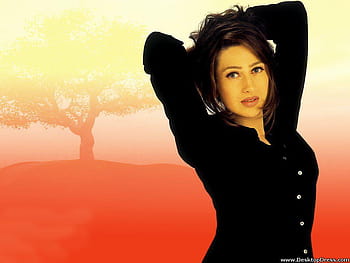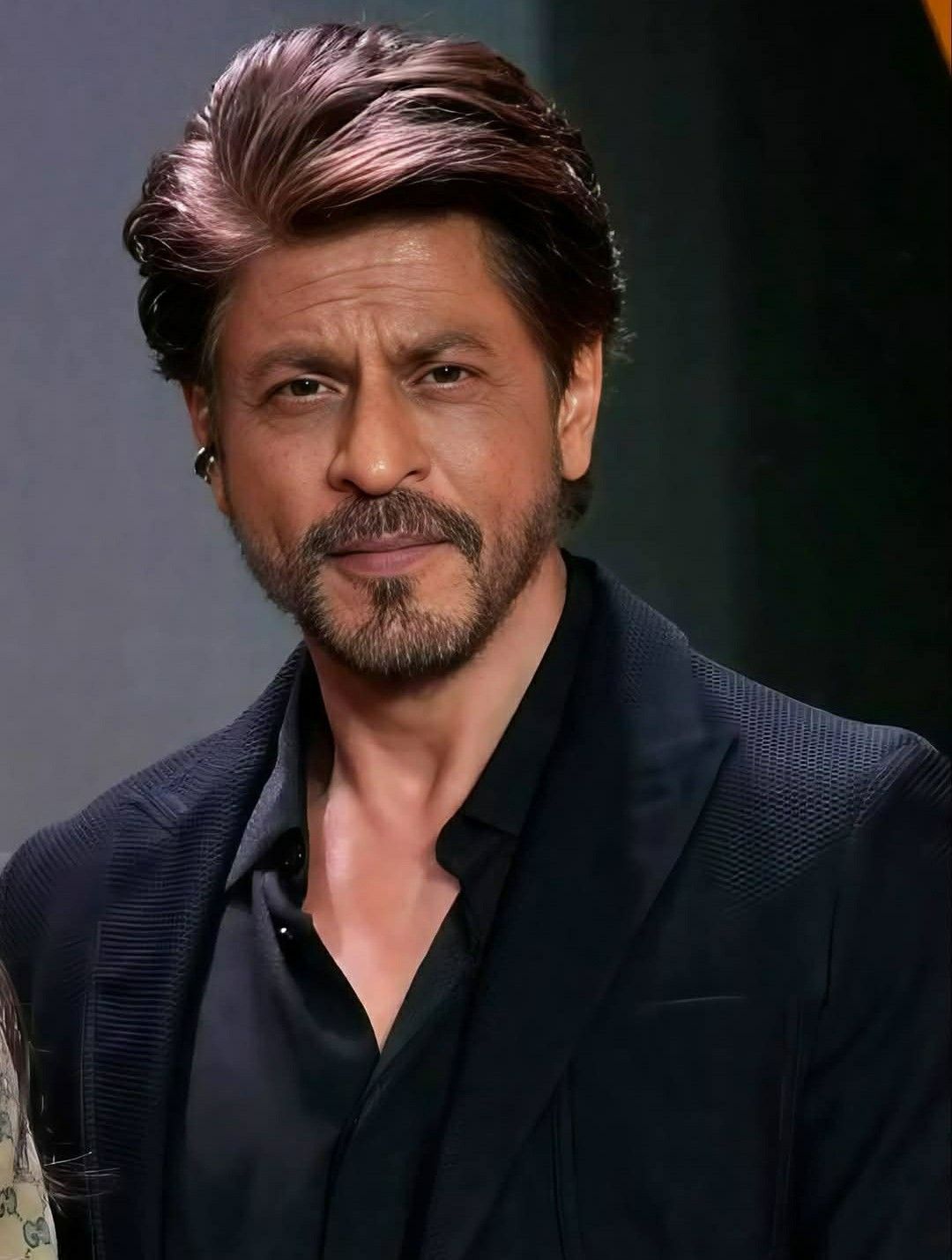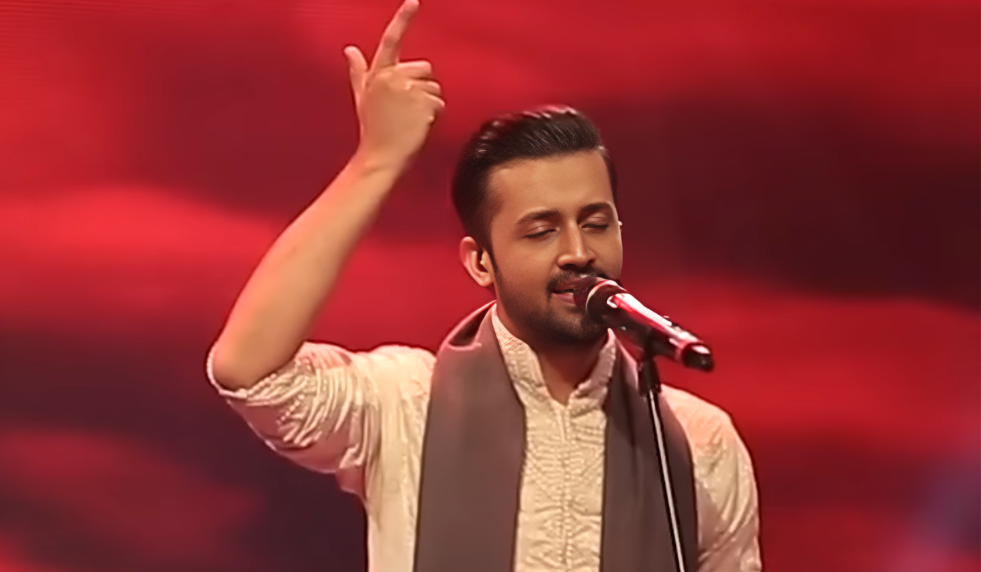“Karisma Kapoor: Versatile Bollywood Star, Award-Winning Actress, Kapoor Family Legacy, and TV Personality – A Remarkable Career in Cinema.”
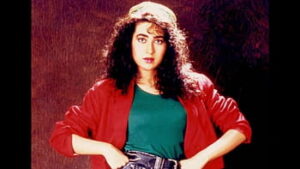
Born : 25 June 1975 (age 48)
Place : Mumbai, Maharashtra, India
Occupation : Actress
Years active : 1991– Present
Spouse :
Sunjay Kapur
(m. 2003; div. 2016)

Children : 02
Parents :
Father : Randhir Kapoor
Mother : Babita
Relative :
Kapoor family
About

Born on June 25, 1975, Karisma Kapoor is a celebrated Indian actress in Hindi films. Hailing from the prestigious Kapoor family, she is the daughter of actors Randhir Kapoor and Babita, and the elder sister of Kareena Kapoor. Recognized as one of the finest actresses, she has received numerous awards, including a National Film Award and four Filmfare Awards.
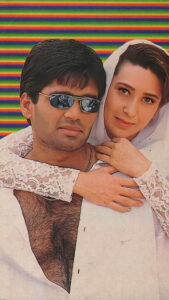
Karisma made her debut in 1991 with “Prem Qaidi” and achieved success with hits like “Jigar,” “Raja Babu,” and “Coolie No. 1.” Her roles in blockbuster romances “Raja Hindustani” (1996) and “Dil To Pagal Hai” (1997) solidified her stardom, earning her accolades.
She further showcased her versatility in David Dhawan’s comedies and the family drama “Hum Saath-Saath Hain.” The early 2000s saw her winning awards for roles in “Fiza” (2000) and “Zubeidaa” (2001).
After a break post the TV soap “Karishma: The Miracles of Destiny” (2003–2004), she returned with projects like “Dangerous Ishhq” (2012) and “Mentalhood” (2020).
Karisma was married to businessman Sanjay Kapur (2003–2016), and they share two children. In addition to her acting career, she has served as a judge on various reality shows.
Early Life and Background
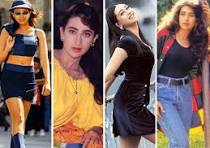
Karisma Kapoor, born in Mumbai on June 25, 1975, is the daughter of renowned actors Randhir Kapoor and Babita. Her younger sister is the well-known film actress Kareena Kapoor. The Kapoor family has a distinguished Bollywood legacy, with Karisma’s paternal grandfather being the legendary Raj Kapoor and her maternal grandfather being actor Hari Shivdasani.

Her family tree includes uncles Rishi and Rajiv Kapoor, aunts Neetu Singh and Ritu Nanda, and first cousins, such as actors Ranbir Kapoor, Armaan Jain, Aadar Jain, and Nikhil Nanda. She is also connected to grand-uncles Shammi and Shashi Kapoor, and her mother’s first cousin, the late actress Sadhana.

Fondly known as “Lolo” at home, Karisma’s nickname was inspired by her mother’s reference to the Italian actress Gina Lollobrigida. Her family roots extend to Peshawar, Lyallpur, and Karachi, with a diverse heritage of Punjabi Hindu descent from her father’s side and Sindhi Hindu and British descent from her mother’s side.
Karisma’s childhood was influenced by the work of actresses Sridevi and Madhuri Dixit, sparking her early interest in acting. Despite attending award ceremonies and film sets with her parents, her father’s disapproval of women working in films due to traditional beliefs caused conflict, leading to her parents’ separation in 1988.
Raised by their hardworking mother, Karisma and Kareena navigated challenges until Karisma’s entry into acting became a catalyst for her parents’ reconciliation in 2007. Karisma briefly attended the Cathedral and John Connon School and later Sophia College before choosing to pursue acting for financial stability.
Career
Debut and early roles (1991–1996)
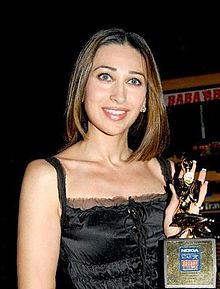
In 1991, at 16, Karisma Kapoor debuted in the romantic drama “Prem Qaidi” opposite Harish Kumar. Despite mixed reviews, the film was a moderate box office success.
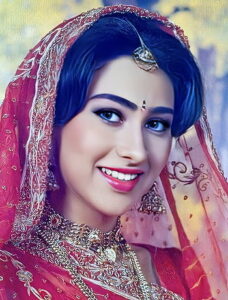
Her initial releases in 1992 and 1993 faced box office setbacks. However, “Jigar” (1992) and “Anari” (1993) emerged as hits, marking the beginning of her success.
The year 1994 saw nine releases, with films like “Raja Babu” and “Khuddar” proving successful. “Raja Babu,” a comedy directed by David Dhawan, showcased her as an educated and assertive woman. “Andaz Apna Apna” (1994) gained a cult following despite its box office performance.
In 1995, Kapoor starred in “Coolie No. 1,” a blockbuster comedy directed by David Dhawan, which received positive reviews and was a commercial success. Reflecting on her early career.
Kapoor expressed the challenges faced by star kids and the lack of acknowledgment for her achievements at the beginning of her journey.
Breakthrough and rise to stardom (1996–1999)
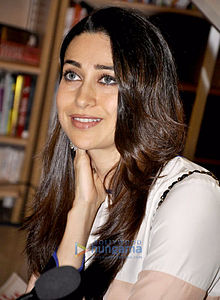
In 1996, Karisma Kapoor featured in 10 films, experiencing a mix of outcomes. While “Papi Gudia,” “Megha,” “Bal Bramhachari,” “Sapoot,” and “Rakshak” faced commercial setbacks, the romantic comedy “Saajan Chale Sasural” with Govinda and Tabu emerged as a commercial triumph.
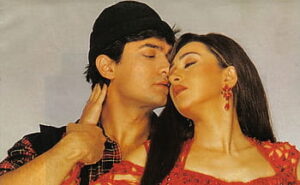
Her notable achievements in 1996 encompassed “Krishna” alongside Suneil Shetty, “Jeet” with Sunny Deol, Salman Khan, and Tabu, and the critically acclaimed “Raja Hindustani” opposite Aamir Khan. “Raja Hindustani” became the highest-grossing film of the year, securing Kapoor her inaugural Filmfare Award for Best Actress.
The year 1997 witnessed Kapoor’s continued triumphs with David Dhawan’s “Judwaa” and “Hero No. 1,” both receiving critical acclaim and commercial success.
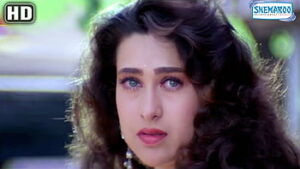
Her commendable comedic timing in “Hero No. 1” earned her a Zee Cine Award nomination for Best Actress. Simultaneously, she faced setbacks with Mehul Kumar’s dramas “Lahu Ke Do Rang” and “Mrityudata.”
In Yash Chopra’s “Dil To Pagal Hai” (1997) alongside Shah Rukh Khan and Madhuri Dixit, Kapoor delivered a standout performance, securing the National Film Award and Filmfare Award for Best Supporting Actress. Making a compelling comeback in 1999, Kapoor starred in hits like “Biwi No. 1,” “Haseena Maan Jaayegi,” and “Hum Saath-Saath Hain,” establishing herself as the foremost actress of the year. “Jaanwar” with Akshay Kumar further contributed to her success at the box office.
Further acclaim and roles (2000–2002)
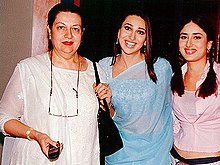
In 2000, Karisma Kapoor’s first release, “Dulhan Hum Le Jayenge” with Salman Khan, was a hit. Her performances in romantic comedies “Chal Mere Bhai” and “Hum To Mohabbat Karega” didn’t fare well.

Winning her second Filmfare Award for Best Actress in 2000, Kapoor portrayed a disillusioned girl in “Fiza.” The film earned praise for her non-glamorous role and emotional depth, achieving a “semi-hit” status at the box office.
In 2001, critical acclaim followed her portrayal of an ill-fated actress in the biographical drama “Zubeidaa.” The film earned Kapoor the Best Actress (Critics) award. She also starred in “Aashiq” and the social drama “Ek Rishtaa: The Bond of Love,” both achieving success.
In 2002, Kapoor featured in “Haan Maine Bhi Pyaar Kiya” with Akshay Kumar and Abhishek Bachchan. She delivered a powerful performance in the woman-centric drama “Shakti: The Power,” earning acclaim. “Rishtey,” her final release that year, had moderate success. Despite critical acclaim, her films in 2000-2002 experienced varied box office performances.
Recent work and expansion (2003– Present)

In 2003, Karisma Kapoor starred in the poorly-performing “Baaz: A Bird in Danger.” She then made her television debut in the soap opera “Karishma – The Miracles of Destiny” in the same year, playing a dual role. The serial ended in 2004, leading Kapoor to take a sabbatical.
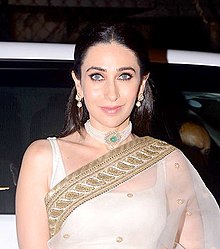
In 2006, she appeared in “Mere Jeevan Saathi.” Kapoor began judging dance show “Nach Baliye” in 2008, continuing with “Hans Baliye.” She had a cameo in “Om Shanti Om” (2007) and appeared on “Wife Bina Life” (2010).
Her comeback came with Vikram Bhatt’s “Dangerous Ishhq” (2012), a critical and box office failure. Despite this, Kapoor’s performance received positive reviews. She made special appearances in “Bombay Talkies” (2013) and “Zero” (2019).
In 2020, Kapoor made her web debut in Ekta Kapoor’s “Mentalhood.” The series explores the diverse nature of motherhood. Kapoor’s role was praised for blending well into the ensemble cast. Kapoor is set to return to the silver screen with “Murder Mubarak” and has completed her second web series, “Brown.”
Personal life
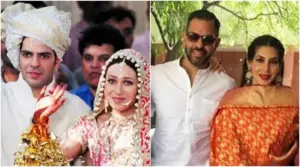
Karisma Kapoor dated Ajay Devgn from 1992 to 1995. She was briefly engaged to Abhishek Bachchan in 2002, but the engagement ended without a disclosed reason.
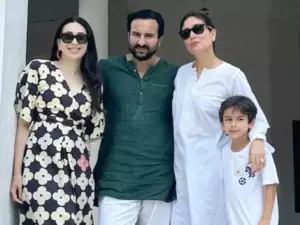
In September 2003, she married industrialist Sunjay Kapur in a lavish Sikh wedding.
They have a daughter (born 2005) and a son (born 2010). The couple filed for divorce in 2014, finalized in 2016.
Kapoor took a break from acting for her family, calling it a “conscious decision.” She expressed, “Acting is ingrained in you.
It never goes away. I waited for something interesting. I chose not to do films as my kids were young. I wanted to be with my family.


